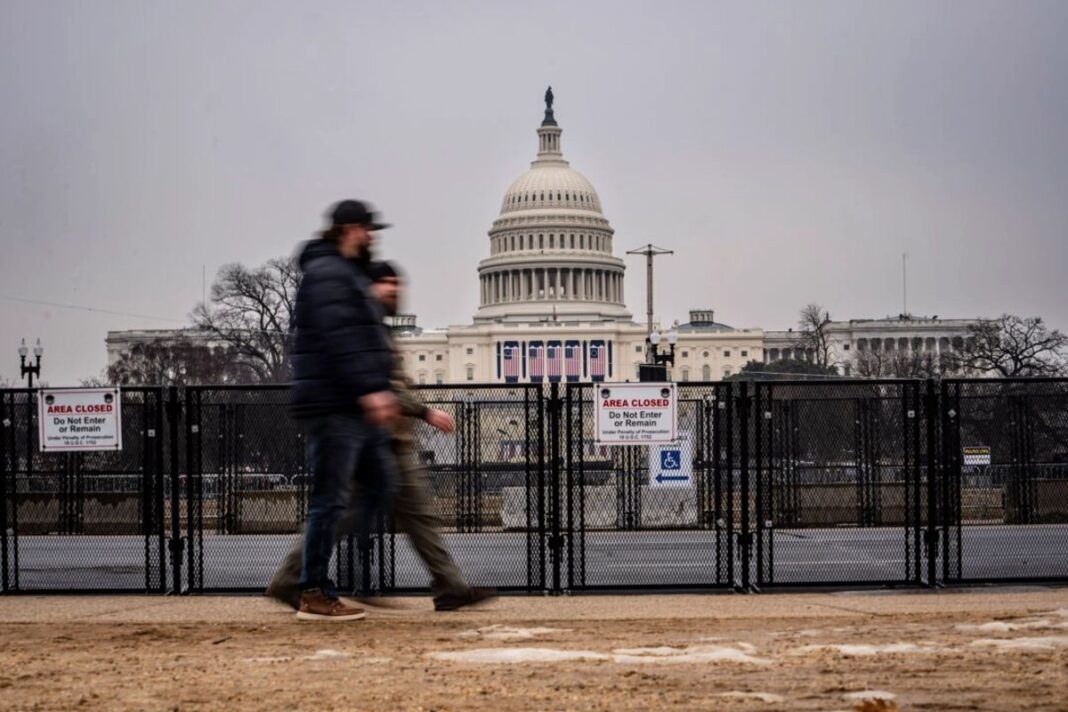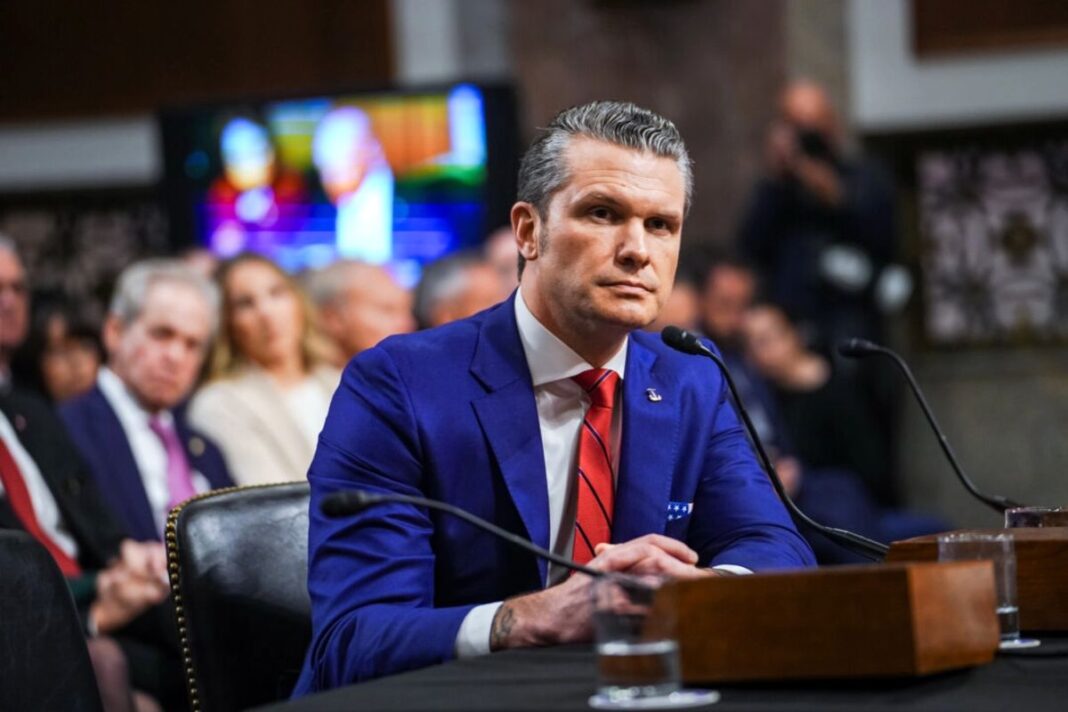The reciprocal trade bill from Rep. Riley Moore (R-W.V.) follows an unsuccessful 2019 bill and has cosponsors including Rep. Marjorie Taylor Greene (R-Ga.).
WASHINGTON—Rep. Riley Moore (R-W.Va.) has introduced the U.S. Reciprocal Trade Act, the first piece of legislation from the Trump-aligned freshman.
The Jan. 24 bill aims to rebalance trade by letting the president scale American tariffs on foreign goods to foreign tariffs on similar goods.
It also helps the president hammer at nontariff barriers—for example, subsidies to specific sectors or companies—by considering them when designing reciprocal tariffs.
Congress would be able to check those presidential moves through a disapproval resolution. Presidential tariff rates would also sunset after a few years unless extended.
“It’s just like President Trump said: look, we are for free trade, but we are for fair trade,” Moore told The Epoch Times.
He described his bill as “a negotiating tool the president needs to have.”
Trump endorsed the former West Virginia state treasurer before Election Day, when Moore defeated Democrat Steven Wendelin. Shortly after winning, he promised to introduce a reciprocal tariff bill.
Moore told The Epoch Times he has not yet heard from congressional leadership about the measure, cosponsored by Rep. Marjorie Taylor Greene (R-Ga.), Rep. Barry Loudermilk (R-Ga.), and other Republicans from the party’s “America First” wing, including fellow freshmen Abe Hamadeh (R-Ariz.) and Nick Begich III (R-Alaska).
During Trump’s first term, former Republican congressman and “Real World” star Sean Duffy, now Trump’s secretary of transportation pick, sponsored a similar bill. Duffy’s bill failed to advance beyond a Ways and Means subcommittee on trade.
At the time, Senate Finance Committee Chair Chuck Grassley (R-Iowa) did not support the legislation, citing the authority it would have conferred on the president.
Moore does not know if his bill will be taken up by the same House subcommittee as Duffy’s. Yet, he believes 2025 holds more promise than 2019 for Trump-aligned protection.
“There are some differences in this bill, but the timing is what’s so important,” he said. “We have a president now coming into his second term who has run on tariffs.”







